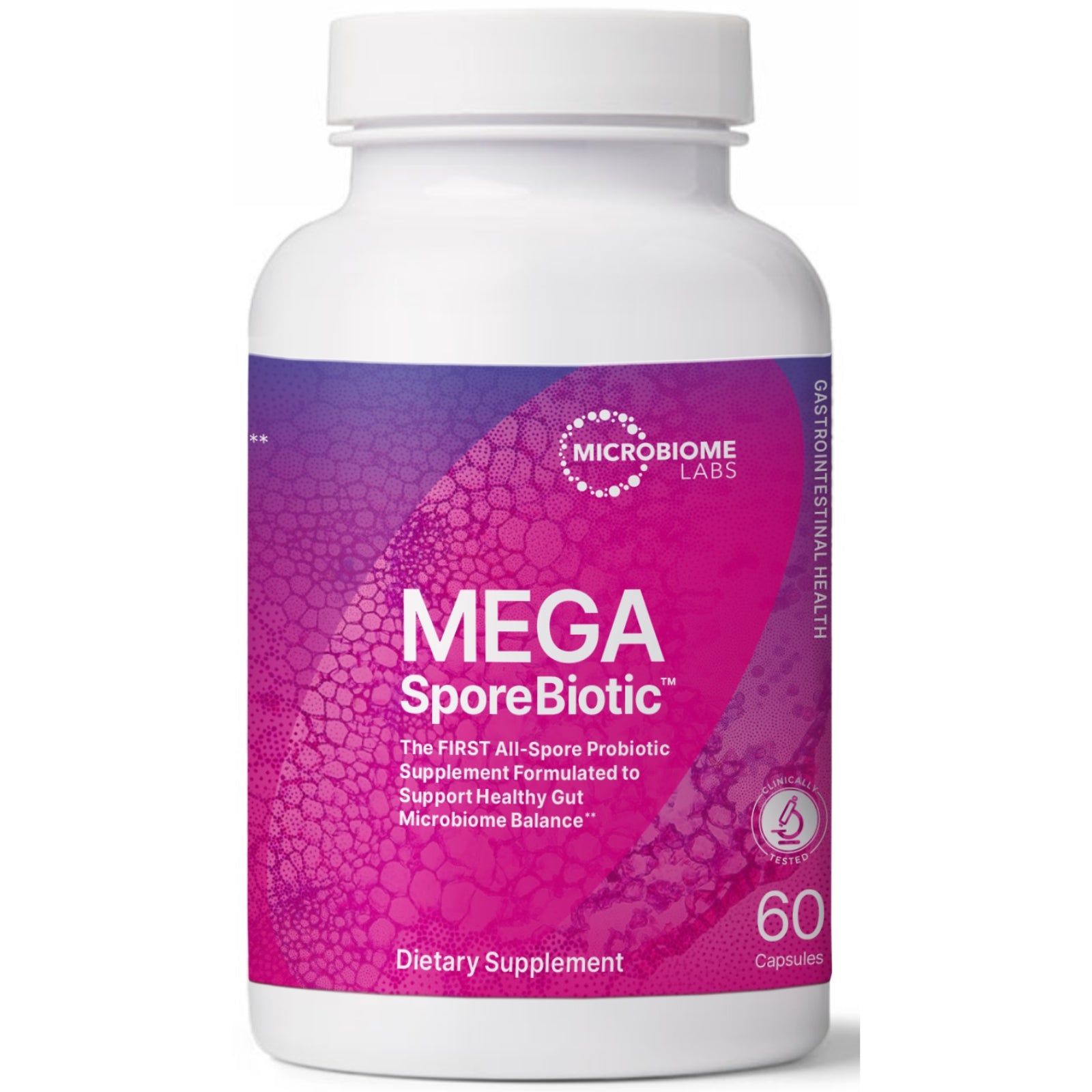
When faced with an overactive immune system due to allergies or respiratory viruses, many of us turn to over-the-counter cold or allergy remedies in search of relief. However, these medications, including antihistamines and combination cold products, often come with unwelcome side effects such as drowsiness and dehydration. Research indicates that most over-the-counter cold preparations are ineffective in treating cold viruses or reducing symptom duration. Fortunately, there are natural alternatives in the form of certain herbs and vitamins that possess antihistamine properties, offering safe and therapeutic relief.
Symptoms like congestion, stuffiness, runny nose, post-nasal drip, and sinus issues are particularly prevalent during colder months, disrupting sleep and impacting overall physical comfort and well-being. These symptoms, stemming from inflammation, represent the body's natural defense mechanism against perceived allergens or invading viruses.
4 Natural Supplements for Allergies
Having a selection of natural antihistamine options readily available can be beneficial for managing these discomforts. Here are some standout choices:
1. Quercetin
Found in foods like onions, apples, grapes, and broccoli, quercetin is a polyphenol renowned for its anti-inflammatory and antihistamine properties. It primarily functions by inhibiting the body's histamine production, offering relief from seasonal or environmental allergies triggered by various allergens.
Seasonal or environmental allergies have become more prevalent and include reactions to trees, ragweed, mold, dust mite, cockroach, and dog and cat dander. These allergens can be everywhere and hard to avoid. When allergies are triggered, the body signals certain immune cells in the body called mast cells to activate. This mast cell activation causes a release of histamine which, when released, causes common allergy symptoms.
Quercetin is known for its antioxidant role in scavenging away free radicals, molecules formed in the body when under stress that causes damage to cells. The plant’s antiallergic properties include stimulation of the immune system, antiviral activity, inhibition of histamine release, decreasing pro-inflammatory cytokines, and suppressing interleukin production. Quercetin is thought to reduce the load of various inflammatory compounds including interleukin-8, interleukin-6, interleukin-4, eosinophils, and peroxidase.
Studies have shown a dose of 250-500 mg of quercetin is effective for lowering the allergic response. Most quercetin supplements are available as capsules, but there are chewable and liquid options for children or those that have difficulty swallowing pills.
2. Stinging Nettle
Despite its intimidating name, stinging nettle serves as both a nutritious edible plant and a safe, herbal antihistamine. By reducing inflammation and stabilizing mast cells, stinging nettle effectively mitigates allergic responses, often outperforming standard antihistamines in clinical trials.
“Nettles” works to reduce the allergic response in the body by reducing inflammation and stabilizing the mast cells. When mast cells are stabilized, they do not release histamine into the surrounding tissue or bloodstream. Given as a supplement of 600 mg dried nettles once daily, the herb reduced allergy symptoms better than standard antihistamines in a randomized, double-blinded clinical trial of 90 patients.
Another study looking at stinging nettle’s mechanism of action suggests it can inhibit pro-inflammatory pathways related to allergic rhinitis by antagonizing histamine 1 receptors.
Stinging nettle is easily accessible in the form of a capsule as well as a tincture. Nettles have a high safety profile and do not cause drowsiness.
3. Vitamin C
Widely recognized for its immune-boosting properties, vitamin C also boasts natural antihistamine capabilities. Acting as a potent antioxidant, vitamin C helps alleviate allergic symptoms by combating oxidative stress on the body. It is readily available in many foods and supplement forms, offering a convenient means of consumption.
A 2018 vitamin C study of the treatment of allergies showed oxidative stress plays a key role in allergic diseases. Vitamin C is one of the best and most affordable antioxidant supplements available, and because of this property, it may act as a treatment for allergies by blocking inflammatory stress on the body.
Vitamin C is easy to find in our healthy foods. Just one-fourth of a raw bell pepper supplies double the amount of the daily recommended vitamin C, about 100–120 mg. Other vitamin C rich foods are black currents, guava, parsley, and, of course, oranges.
The 2 g dose of vitamin C recommended for the antihistamine effects can be more easily ingested in many fun supplement forms such as fizzy powders, drinks, chewables, gummies, and capsules. Luckily, vitamin C has a pleasant taste making the high dose easy to achieve.
4. Bromelain
Derived from pineapple, bromelain is an enzyme with diverse benefits beyond aiding digestion. Studies suggest its potential in reducing airway inflammation and improving respiratory function, making it increasingly popular among allergy sufferers. Often combined with quercetin and stinging nettle, bromelain enhances the synergistic antihistamine effects of these natural remedies.
In an animal study looking at allergic airway disease, bromelain improved airway reactivity by decreasing the cellular inflammatory response in the lungs. Research is limited in human models, but it points to significant cellular anti-inflammatory and antihistamine properties.
Bromelain is often found in combination allergy products with quercetin and stinging nettle. The three plants are thought to work synergistically to magnify the antihistamine properties. Bromelain has a high safety profile overall but should not be taken with blood thinners and only with the advice of your health care provider.

